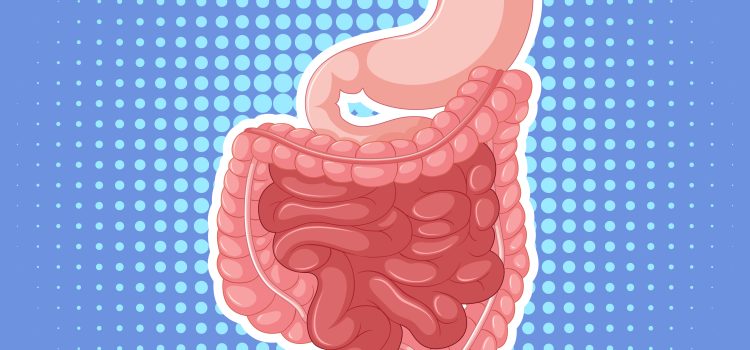
Our digestive tract is a remarkable system that plays a crucial role in processing the food we eat. From the moment we take our first bite to the final elimination of waste, the digestive tract works tirelessly to ensure that our bodies receive the nutrients needed for optimal health. In this article, we will delve into the fascinating process of how the digestive tract breaks down the food we eat and extracts the essential nutrients.
The journey of food through the digestive tract begins in the mouth, where the process of digestion starts with chewing and mixing food with saliva. This initial step breaks down food into smaller pieces and begins the breakdown of carbohydrates through the action of enzymes in saliva.
From the mouth, the partially digested food then travels down the esophagus, a muscular tube that connects the mouth to the stomach. Muscles in the esophagus contract in coordinated waves, pushing the food downward in a process called peristalsis. This allows food to reach the stomach, where it undergoes further breakdown.
In the stomach, food is mixed with gastric juices, which contain hydrochloric acid and enzymes. These gastric juices help to break down proteins and kill bacteria present in the food. The stomach also churns and contracts to further break down food into a semi-liquid mixture known as chyme.
The chyme then moves into the small intestine, the longest part of the digestive tract. The small intestine is where the majority of nutrient absorption takes place. The lining of the small intestine is covered in tiny finger-like projections called villi, which greatly increase the surface area for absorption. Nutrients, such as carbohydrates, proteins, and fats, are absorbed into the bloodstream and transported to cells throughout the body for energy production and other essential functions.
The remaining undigested food then enters the large intestine, where water and electrolytes are absorbed, and waste products are formed. The large intestine is also home to trillions of beneficial bacteria, collectively known as the gut microbiota. These bacteria play a vital role in digestion, breaking down remaining carbohydrates and producing certain vitamins.
Finally, the waste products are eliminated from the body through the rectum and anus in the form of feces.
The process of digestion is complex and intricate, involving the coordinated action of various organs and enzymes in the digestive tract. It is essential for breaking down food into smaller molecules that our bodies can absorb and utilize for energy, growth, and repair.
However, several factors can impact the digestive process, such as poor diet, stress, lack of physical activity, and certain medical conditions. Digestive disorders, such as indigestion, bloating, and food intolerances, are common issues that can disrupt the normal functioning of the digestive tract.
Understanding how the digestive tract processes the food we eat can help us make informed choices about our diet and lifestyle to support optimal digestive health. Eating a balanced diet rich in fiber, staying hydrated, managing stress, and being physically active are some of the ways we can promote a healthy digestive system.
In conclusion, the digestive tract is a remarkable system that plays a crucial role in processing the food we eat. From the initial bite to the final elimination of waste, the digestive tract works tirelessly to ensure that our bodies receive the nutrients needed for optimal health. Understanding the intricate process of digestion can help us make informed choices about our diet and lifestyle to support digestive health and overall well-being.










